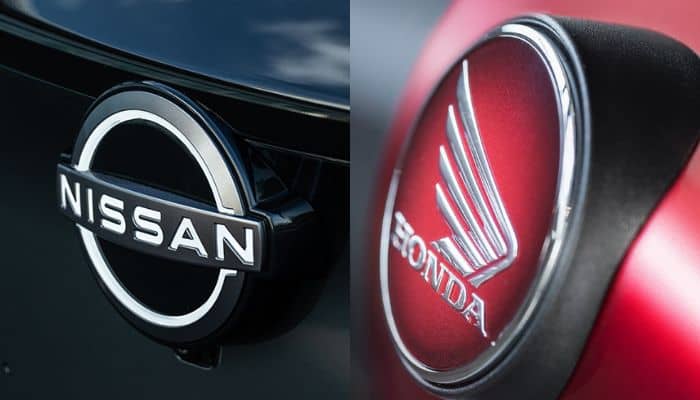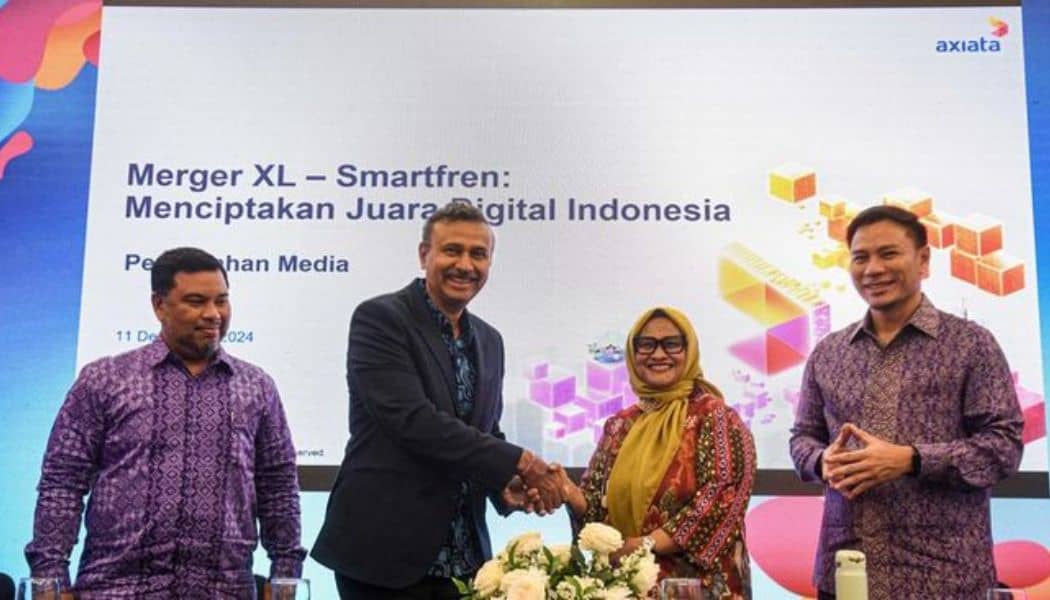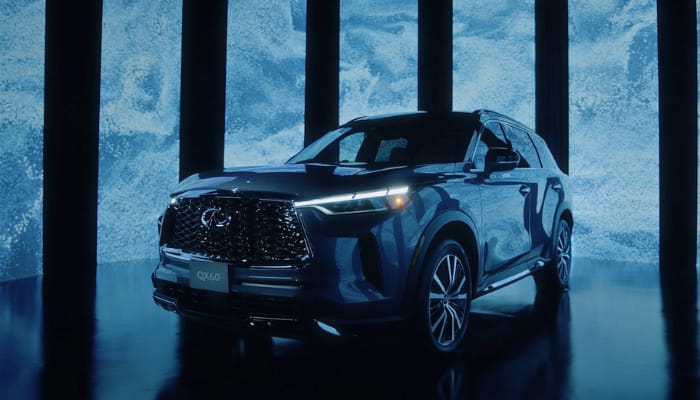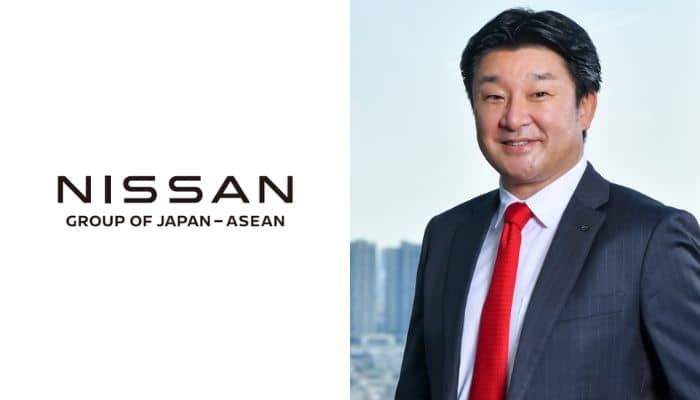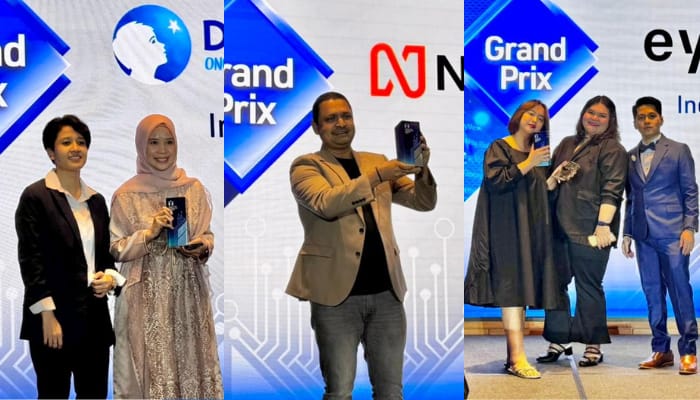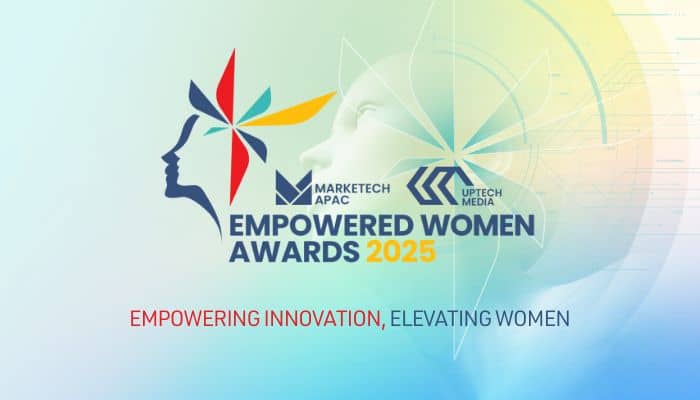Japan – Nissan Motor Co., Ltd. (Nissan) and Honda Motor Co., Ltd. (Honda) have officially signed a memorandum of understanding (MOU) to initiate discussions on a potential business integration, which could lead to the creation of a joint holding company to unite their operations.
In an official press release, Nissan and Honda announced plans to form a joint holding company through a share transfer, making both automakers wholly owned subsidiaries of the new entity. The companies further emphasised their commitment to maintaining and equally developing the distinct brands under Honda and Nissan.
The signed MOU aims to enhance global competitiveness, enabling both companies to deliver more innovative and appealing products and services to customers worldwide.
If realized, the business integration would allow the automotive giants to combine resources, enhance synergies, adapt to market shifts, and boost long-term corporate value. By uniting their automotive, motorcycle, and power product businesses, they aim to strengthen Japan’s industrial base and deliver more innovative, appealing products worldwide.
Speaking on the announcement, Makoto Uchida, director, president, CEO, and representative executive officer of Nissan, said, “Today marks a pivotal moment as we begin discussions on business integration that has the potential to shape our future. If realized, I believe that by uniting the strengths of both companies, we can deliver unparalleled value to customers worldwide who appreciate our respective brands. Together, we can create a unique way for them to enjoy cars that neither company could achieve alone.”
Nissan and Honda said they will form an integration preparatory committee to ensure a smooth transition and identify specific synergies based on due diligence. By leveraging these synergies—such as platform standardization, R&D integration, manufacturing optimization, and supply chain efficiency—the companies aim to become a world-class mobility leader, targeting sales revenue exceeding ¥30 trillion and operating profit over ¥3 trillion. Additional benefits include enhanced sales finance capabilities, operational efficiency, and a strong talent foundation for electrification and intelligence.
Toshihiro Mibe, director and representative executive officer of Honda, said, “Creation of new mobility value by bringing together the resources including knowledge, talents, and technologies that Honda and Nissan have been developing over the long years is essential to overcome challenging environmental shifts that the auto industry is facing.”
“Honda and Nissan are two companies with distinctive strengths. We are still at the stage of starting our review, and we have not decided on a business integration yet, but in order to find a direction for the possibility of business integration by the end of January 2025, we strive to be the one and only leading company that creates new mobility value through chemical reaction that can only be driven through synthesis of the two teams,” Mibe added.
The share transfer ratio will be finalized when the definitive agreement for the business integration is signed, based on due diligence, third-party valuations, and recent average share prices. Upon the share transfer’s effective date, Honda will appoint a majority of both internal and external directors for the joint holding company, including the president and representative director or executive officer.
It is worth noting that Nissan and Honda first signed an MOU in March to establish a strategic partnership focused on vehicle intelligence and electrification, aiming to accelerate progress toward carbon neutrality and zero traffic fatalities. Since then, they have explored collaboration across various fields.
In August, the companies signed another MOU to strengthen their partnership, agreeing to conduct joint research on next-generation software-defined vehicle (SDV) platforms, with a focus on advancing intelligence and electrification technologies.
Amid these discussions, the automotive industry has faced rapid technological advancements and shifting market dynamics. On December 18, reports surfaced from Nikkei Asia that the two companies were entering merger talks to better compete with Tesla and emerging Chinese EV makers, underscoring the urgency of their collaboration.



